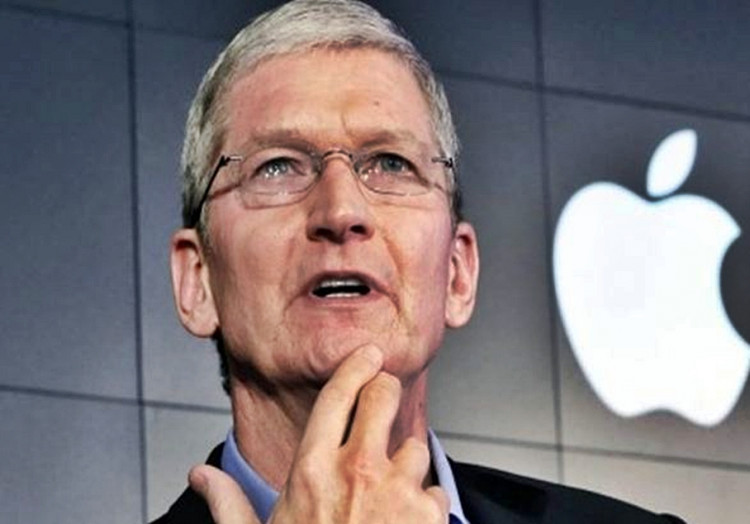The impassioned letter Apple, Inc. wrote to the Trump administration stoutly opposing the proposed tariffs on $200 billion worth of Chinese exports won't stop these tariffs from coming to pass. But more worrisome for Apple is the additional $267 billion in tariffs the administration says it's considering.
Taken together, these two tariffs more than cover the value of all goods the U.S. buys from China. The U.S. imported $505 billion worth of Chinese products in 2017, according to the Census Bureau.
Economic analysts concur the administration will implement these tariffs, likely as early as this month (September). The new taxes will mean Apple will have to raise prices on many of the devices it sells in the United States just in time for the very lucrative holiday season.
Apple's total sales for fiscal 2017 amounted to $229 billion. Mobile phones account for the largest share of U.S. import from China. These devices haven't been hit by Trump's tariffs but will be under the new list drawn up by the administration.
Oddly, Apple's letter to Trump didn't mention the iPhone, which accounted for two-thirds of Apple's fiscal 2017 revenues. It also made no mention of the iPad, which brought in $19.2 billion in sales or its Mac computers that generated $25.8 billion.
The unsigned letter to Trump, which was likely written by Apple CEO Tim Cook, said Trump's latest tariffs on China will force Apple to increase retail prices of the Apple Watch and AirPods, two of Apple's core product lines, among many others. Cook said the proposed tariffs "show up as a tax on the consumer." He's concerned the new tariffs "cover a wide range of Apple products" as well as other materials that Apple uses to make its products."
More ominously, Cook said that all tariffs are a tax on U.S. consumers and that because of this, tariffs will increase the cost of Apple products that Apple customers rely on.
Among the Apple devices that will see higher prices are Apple Watch, Apple Pencil and Air Pods and other digital health and wireless connectivity products; the MacMIni and other Apple computing tools such Apple adapters and chargers.
Also to become more expensive are specialty testing equipment to be used at Apple's U.S. product development laboratories; hard drives and cables for Apple's U.S. data centers that support global services such as the App Store and Apple-designed components and made-to-specification tooling for Apple's U.S. manufacturing and product repair facilities.






